Africa beyond famine and war
Togo's Aruka studio creates films that showcase innovation, identity and cultural pride
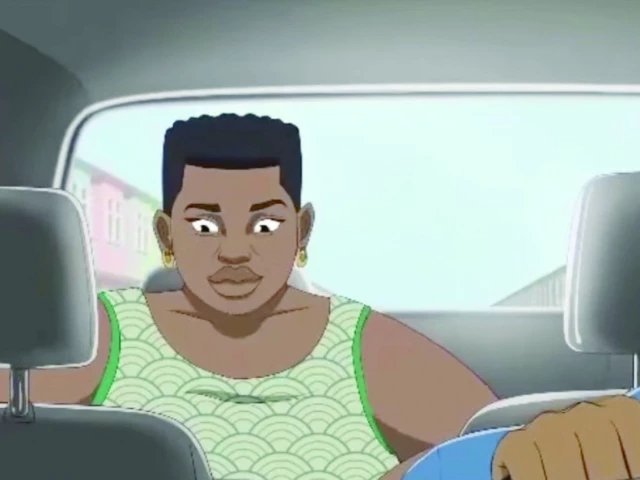
Watching over the dozen illustrators, editors and voice actors working at his animation studio in Togo, Boris Kpadenou hailed how they brought truly African tales to life without any outside help.
With no animation school in the coastal West African country, the Aruka studio in a working-class neighbourhood of the capital Lome relies on a cast of passionate young volunteers, backed by a few paid professionals, to animate its creations.
Though Aruka works with limited funds, often raised through its sideline in producing advertising spots, Kpadenou fears topping that up with foreign investment would compromise the studio's identity.
"In Africa, when films are made with external funding, we often don't have the freedom to tell our stories the way we want to," Aruka's director told AFP. "What we end up producing is no longer authentic. The scripts are watered down and don't truly reflect our reality. That's the real struggle we're up against," he added.
Founded in 2017, Aruka's productions draw inspiration from daily life, such as "La voix du bebe" [The Baby's Voice], an animated film about pregnancy, or from cultural traditions, like "Wiyao", which explores coming-of-age rituals in northern Togo.
"This creativity comes from everything we've read, all we've known, our own history, who our ancestors were, what they've lived through," said Emmanuel Yemey, the studio's lead two-dimensional animator.
'Reflecting reality'
Many of the studio's young workers, all under the age of 28, are art and design students training to become animators on the job at Aruka. For 22-year-old student Kadi Tchapo, working in the studios' three rooms full of computers, art supplies and recording equipment represents a unique opportunity.
Like many of her colleagues, Tchapo wears several hats at Aruka — she voices the lead character for the series "Ma famille imparfaite" [My Imperfect Family], while also helping to colour in the production. "I love drawing and animation. I'm not a professional yet, but I'm learning a lot," she said.
Besides the money issues and the demands of learning computer animation from scratch, Aruka's staff also have to deal with Togo's electricity problems. "We don't even have a backup generator, even though we regularly face unexpected power cuts," Kpadenou lamented.
More than anything, Aruka, whose name means "wise" in the Ife language spoken in southern Togo, seeks to "meet a need — the lack of African stories on screen, especially for children", the director said.
"Today, we want to show an Africa that creates, that innovates, that contributes to building the world — the complete opposite of the image often shown of Africa as a place of famine and war," Kpadenou added. "As Africans, and especially as artists, we have a duty to act as ambassadors for our continent. It's not just about wanting to present a positive image — it's about reflecting reality."

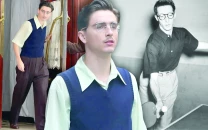
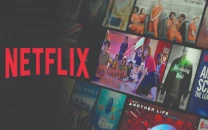
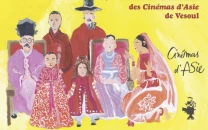
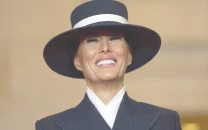
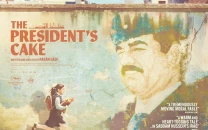
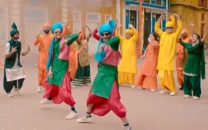












COMMENTS
Comments are moderated and generally will be posted if they are on-topic and not abusive.
For more information, please see our Comments FAQ